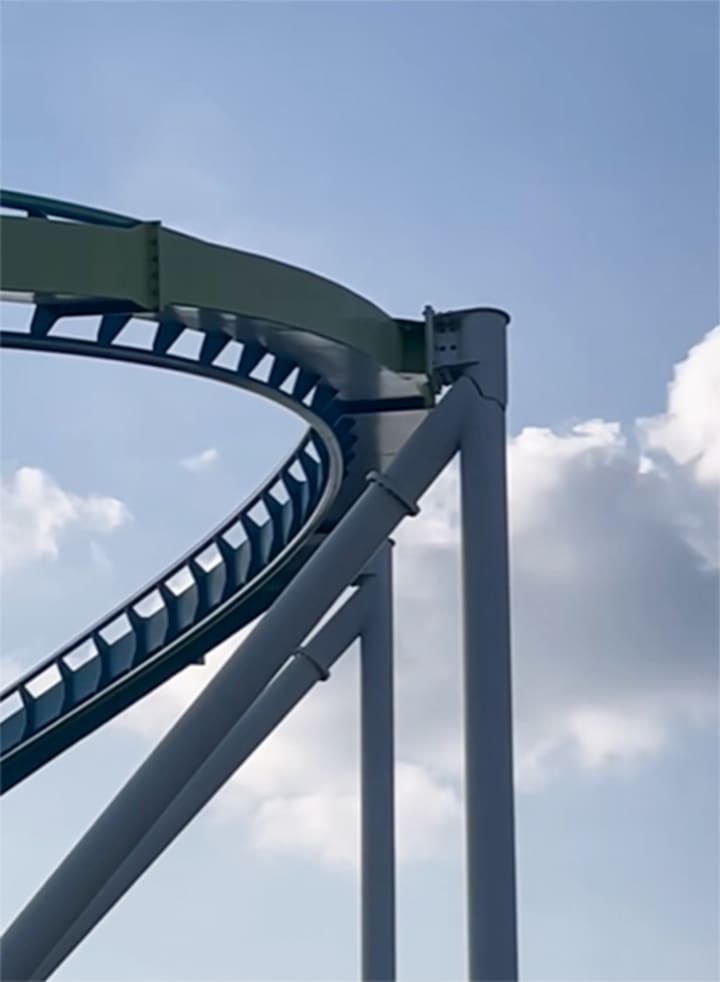this post was submitted on 07 Jul 2023
16 points (94.4% liked)
Engineering
744 readers
1 users here now
A place to geek out about engineering, fabrication, and design. All disciplines are welcome. Ask questions, share knowledge, show off projects you're proud of, and share interesting things you find.
Rules:
- Be kind.
- Generally stay on topic.
- No homework questions.
- No asking for advice on potentially dangerous jobs. Hire a professional. We don't want to be responsible when your deck collapses.
The community icon is ISO 7000-1641.
The current community banner image is from Lee Attwood on Unsplash.
founded 1 year ago
MODERATORS
you are viewing a single comment's thread
view the rest of the comments
view the rest of the comments

The Wikipedia article for the coaster says the crack started along the weld line, so my current hypothesis is a faulty weld.
I know I'm just an out-of-work aircraft repairman so the next thing I'm going to say is probably insane, but if it were my roller coaster I wouldn't re-open it to guests until I'd replaced that support column and done some NDT on that section of track as well as all the other support columns. I'd likely have nightmares for years about some weld somewhere failing. See why I don't work on planes anymore?
You aren't wrong, but they are also going to need to verify the fatigue design of that detail. That connection detail is rather rigid, so the model they used for the design of that weld may not have accurately modeled the stress at that weld.
This is the kind of issue someone can get a PhD trying to solve.
Not insane at all. I hope an NDT contractor is going to get some business out of this incident.